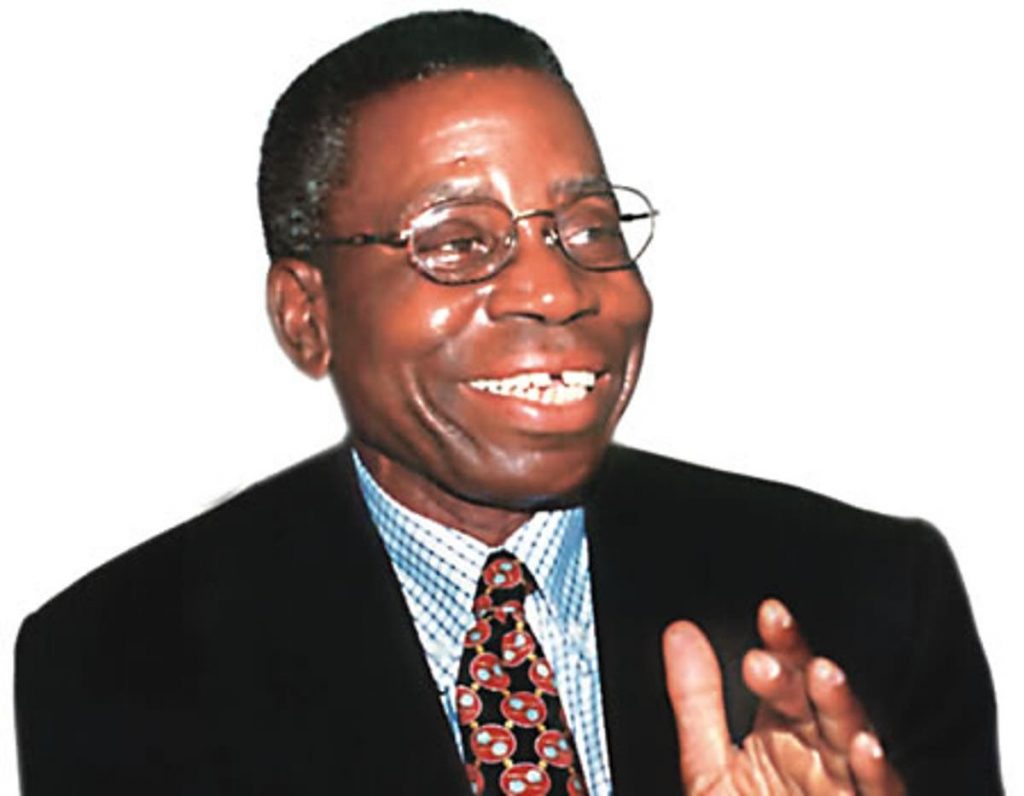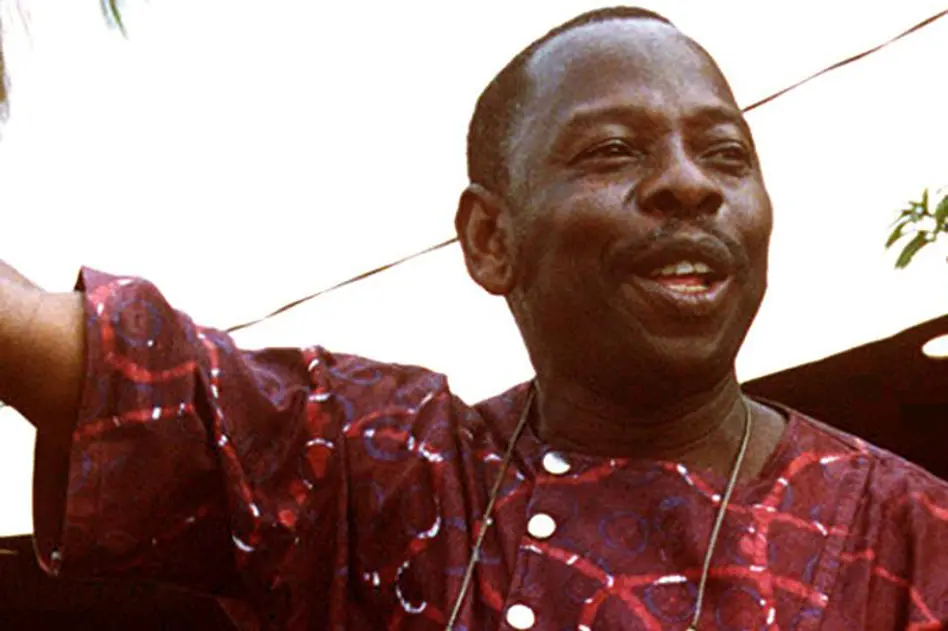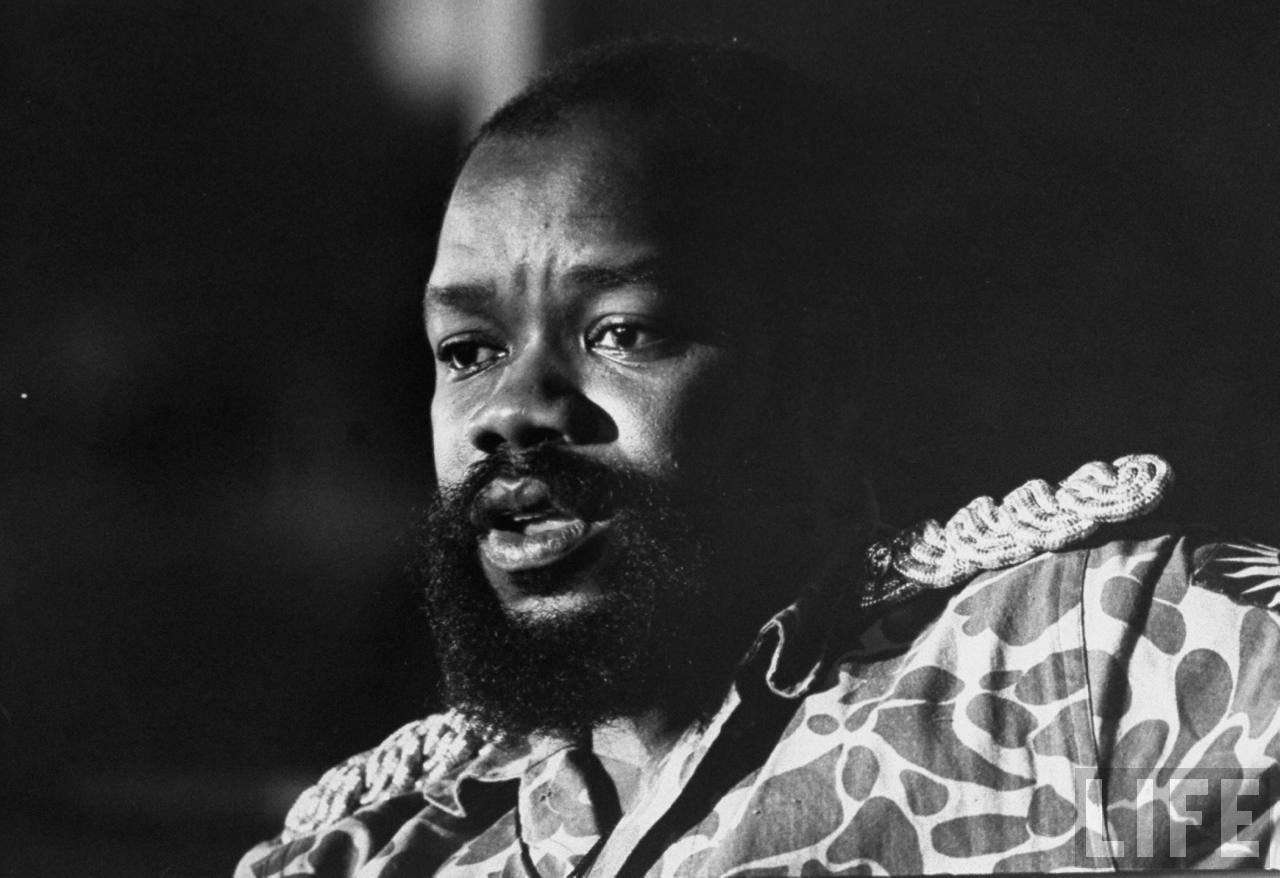
Bola Ige: Nigeria’s Advocate for Justice and Human Rights
James Ajibola Idowu Adegoke Ige, popularly known as Bola Ige, was a Nigerian lawyer, politician, and human rights advocate whose contributions to Nigeria’s democratic journey and legal landscape left an indelible mark on the nation. Known for his sharp intellect, eloquence, and commitment to justice, Ige’s career was dedicated to advocating for the rule of law, democracy, and human rights. This biography examines his life, work, and legacy as one of Nigeria’s most respected legal and political figures.
Early Life and Education
Bola Ige was born on September 13, 1930, in Esa-Oke, Osun State, Nigeria. A brilliant student, he attended the University of Ibadan and later studied law at the University College London. He was called to the bar in London’s Inner Temple, and upon returning to Nigeria, he quickly became a respected figure in the legal community for his expertise, intellect, and passion for justice.
Political Career and Activism
Ige’s entry into politics was marked by his commitment to social justice and democracy. He joined the Action Group (AG) led by Chief Obafemi Awolowo, advocating for regional autonomy, social reforms, and justice. Ige later became the Governor of Oyo State from 1979 to 1983, during which he introduced several policies aimed at improving education, healthcare, and social welfare, reflecting his belief in the power of governance to uplift the people.
After his tenure as governor, Ige continued his political journey, joining the National Democratic Coalition (NADECO) during the military rule of Sani Abacha. NADECO was instrumental in advocating for a return to civilian rule, and Ige’s involvement highlighted his commitment to democracy even at great personal risk. His fearlessness in speaking against tyranny earned him admiration among Nigerians.
Ministerial Role and Legal Influence
In 1999, after Nigeria’s transition to civilian rule, President Olusegun Obasanjo appointed Bola Ige as Minister of Power and Steel and later as Attorney General and Minister of Justice. In these roles, Ige worked tirelessly to reform the justice sector, strengthen Nigeria’s legal institutions, and improve the country’s infrastructure. His commitment to justice and accountability influenced Nigeria’s legal framework and inspired future legal reforms.
As Attorney General, Ige was a vocal advocate for the rule of law, pushing for policies to enhance transparency, reduce corruption, and uphold human rights. His influence in Nigeria’s legal community remains significant, and his legacy is often cited in discussions on justice and democratic governance in Nigeria.
Legacy and Tragic Death
On December 23, 2001, Bola Ige was assassinated in his home, a tragedy that shocked the nation and remains unresolved to this day. His death marked the loss of a true champion for democracy, justice, and human rights. Despite his untimely death, Ige’s legacy endures through his contributions to Nigeria’s legal system, his dedication to democracy, and his unwavering advocacy for human rights.
Bola Ige is remembered as one of Nigeria’s most principled leaders, whose career was marked by integrity, bravery, and a profound commitment to the Nigerian people. His impact on Nigeria’s legal and political systems continues to inspire generations of Nigerians who seek justice and equality.
Notable Quotes
“I am always on the side of the oppressed, and I will not stand for injustice in any form.”
“The rule of law is the bedrock of any free society.”
Conclusion
Bola Ige’s life and career reflect a steadfast commitment to justice, democracy, and human rights. His contributions to Nigeria’s legal landscape and his advocacy for social justice left a lasting legacy that continues to influence Nigerian society. As a leader, Ige’s dedication to truth and integrity serves as a beacon of hope for those who strive for a just and democratic Nigeria.




Some genuinely great info , Gladiola I observed this.